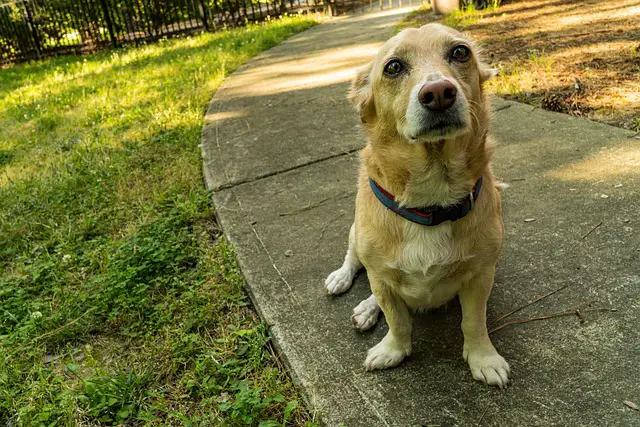Seven Alternatives to Medication for Your Anxious Pet

If your dog, cat or other pet is displaying symptoms of anxiety, you need to take action. There are multiple alternatives to medication to treat anxiety in pets, so it’s a good idea to try out those options before you consider medication.
However, you should also speak to your veterinarian to discuss which options could be best for your individual pet.
Now, let’s take a look at seven of the best alternatives to medication for your anxious pet.
1. Physical Exercise
All pets need exercise. If your pet isn’t getting enough physical exercise, he or she could become anxious. So, by simply giving your dog the chance to burn off energy, for example, you can help to ease his or her anxiety.
Always make sure your pet gets the recommended amount of physical activity on a daily basis to prevent anxiety issues from happening in the first place, as well as keep your pet healthy, or to ease your pet’s anxiety condition.
2. Mental Exercise
Many pets not only require physical stimulation. They also need mental stimulation.
That’s especially true for dogs. By simply ensuring your dog gets enough exercise outside, you can enhance his or her mental stimulation, as your doggy will have fun exploring and smelling in the great outdoors. But you can also use puzzle toys to keep your dog’s mind active.
By ensuring your pet gets enough physical and mental exercise, you could soon see his or her anxiety levels drop.
3. Spending Time with Your Pet
It’s also important that you spend time with pets like dogs and cats, especially dogs. If you don’t spend a good amount of time with your dog each day, he or she could experience separation anxiety.
Often, all it takes is spending valuable time with your pet to help your pet overcome his or her anxiety. Furthermore, spending time with your pet can help you to reduce your own anxiety.
4. Massages
Massages are great stress relievers for humans and they can be just as effective for various pets. All you need to do is massage your cat or dog regularly by using long, slow, and smooth strokes to help your pet’s muscles and mind relax.
In turn, that has the potential to significantly reduce your pet’s anxiety levels.
5. Supplements
There are various types of supplements on the market that could help your pet to be less anxious. For instance, veterinarians often recommend melatonin to create short-term relaxation in your pet. Melatonin can also help pets to sleep better.
L-theanine and L-tryptophan supplements can also be effective, especially in pets with mild to moderate anxiety.
Zylkene, which is derived from a milk protein, can help to calm your pet naturally too. Zylkene is particularly effective for older dogs that have age-related anxiety.
And in recent times, many pet owners use CBD for dogs. CBD oil, topical applications like CBD shampoos and balms, or CBD treats can keep dogs calm and reduce inflammation and pain. So, you could relax your dog with CBD treats from Honest Paws, for instance.
6. Pheromone Products
Pheromone products that help pets relax are available for dogs and cats in the form of sprays, plug-in diffusers, wipes, and collars.
There are pheromone products available for specific pets. The ones for dogs contain a version of the hormone that nursing mothers produce to help relax their puppies.
Pheromone products can be used to help anxious pets on a daily basis or they can be used when your pet is anxious about a certain activity, such as a long trip or a visit to the veterinarian.
7. Behavioral Therapy
If your pet is experiencing major anxiety and the above alternatives to medication haven’t worked as well as you hoped, it’s a good idea to take your pet to a behavioral therapist.
Behavioral therapy isn’t the same as obedience school. It’s about finding out what is triggering your pet’s anxiety.
Once the root cause has been identified, it will be much easier for the behavioral therapist to determine the best course of action to help your pet’s specific problem.
Often, therapy sessions involve improving your relationship with your pet.
On your first visit, the therapist will ask you a series of questions to better understand your pet’s environment and behavior. The more insights the behavioral therapist can get into your pet’s daily life, the easier it will be to come up with the right course of action.





